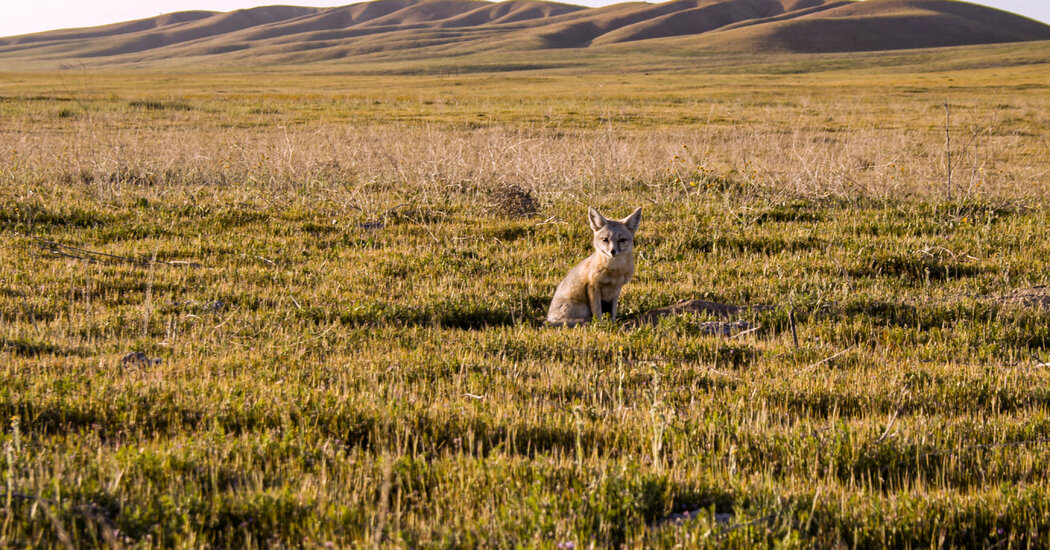
The rules give federal officials more leeway to protect species in a changing climate. Industry groups are expected to sue.
After three years of planning and navigating the slow bureaucracy of federal rule-making, the Biden administration is restoring a series of protections for imperiled animals and plants that had been loosened under President Donald J. Trump.
The rules, proposed last year and now finalized, give federal officials more leeway to protect species in a changing climate; bring back protections for animals that are classified as “threatened” with extinction, which is one step short of “endangered”; and clarify that decisions about whether to list a species must be made without considering economic factors.
They come as countries around the world grapple with a biodiversity crisis that has taken hold as humans have transformed the planet.
“As species face new and daunting challenges, including climate change, degraded and fragmented habitat, invasive species, and wildlife disease, the Endangered Species Act is more important than ever to conserve and recover imperiled species now and for generations to come,” said Martha Williams, director of the U.S. Fish and Wildlife Service, which issued the finalized rules along with the National Oceanic and Atmospheric Administration’s fisheries service. “These revisions underscore our commitment to using all of the tools available to help halt declines and stabilize populations of the species most at-risk.”
The rules are expected to set off a new round of lawsuits. Republicans in Washington and industry groups had assailed the initial proposal and are expected to do the same with the finalized version.
“The imposed Endangered Species Act restrictions are especially harmful to those, such as our farmer/rancher members, who depend on being able to produce their livelihoods through access to and use of natural resources,” the Nevada Farm Bureau Federation wrote in a comment to the proposed changes. Others that have spoken out against them include the oil and gas industry, foresters and states that want more control over managing wildlife.
We are having trouble retrieving the article content.
Please enable JavaScript in your browser settings.
Thank you for your patience while we verify access. If you are in Reader mode please exit and log into your Times account, or subscribe for all of The Times.
Thank you for your patience while we verify access.
Already a subscriber? Log in.
Want all of The Times? Subscribe.
